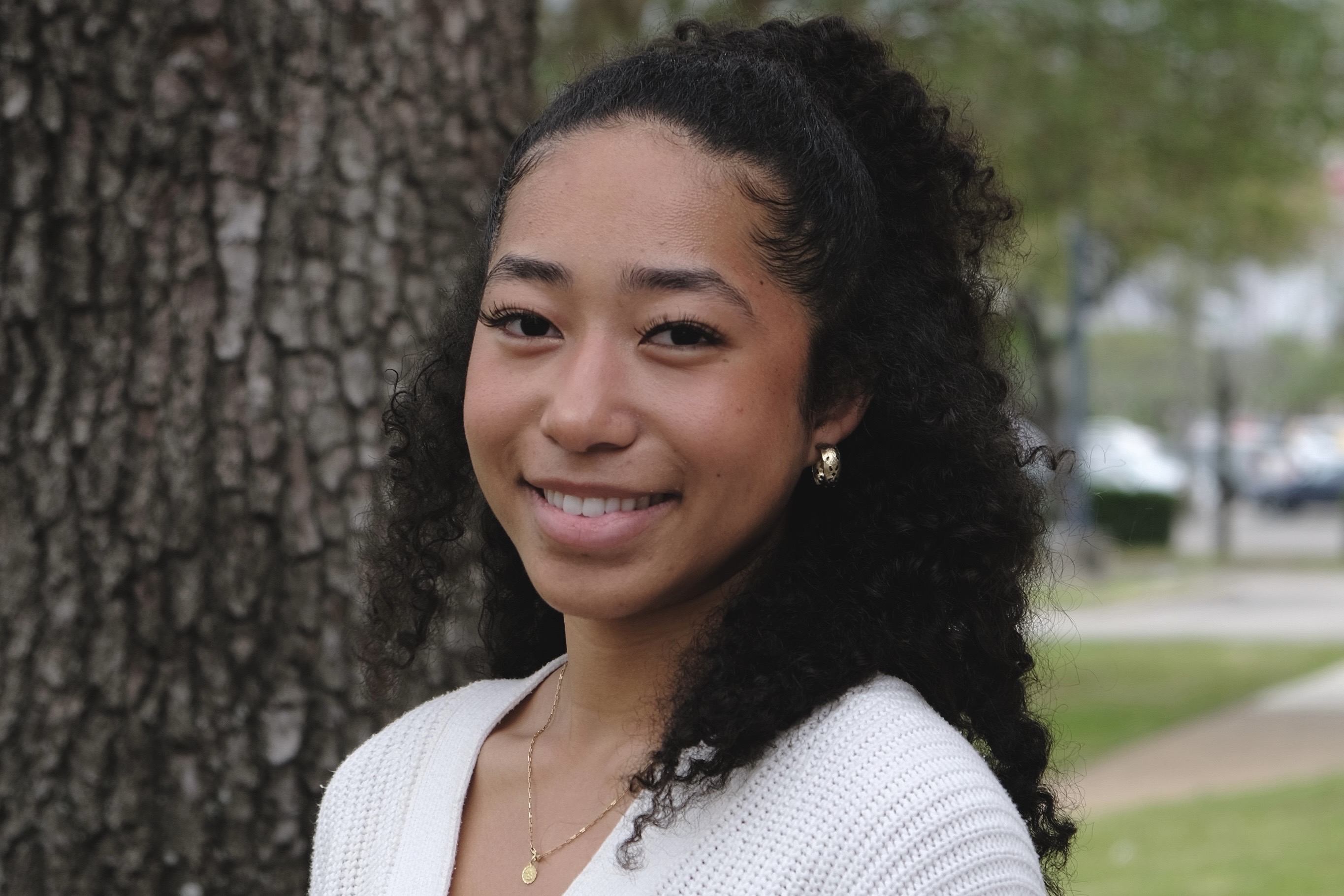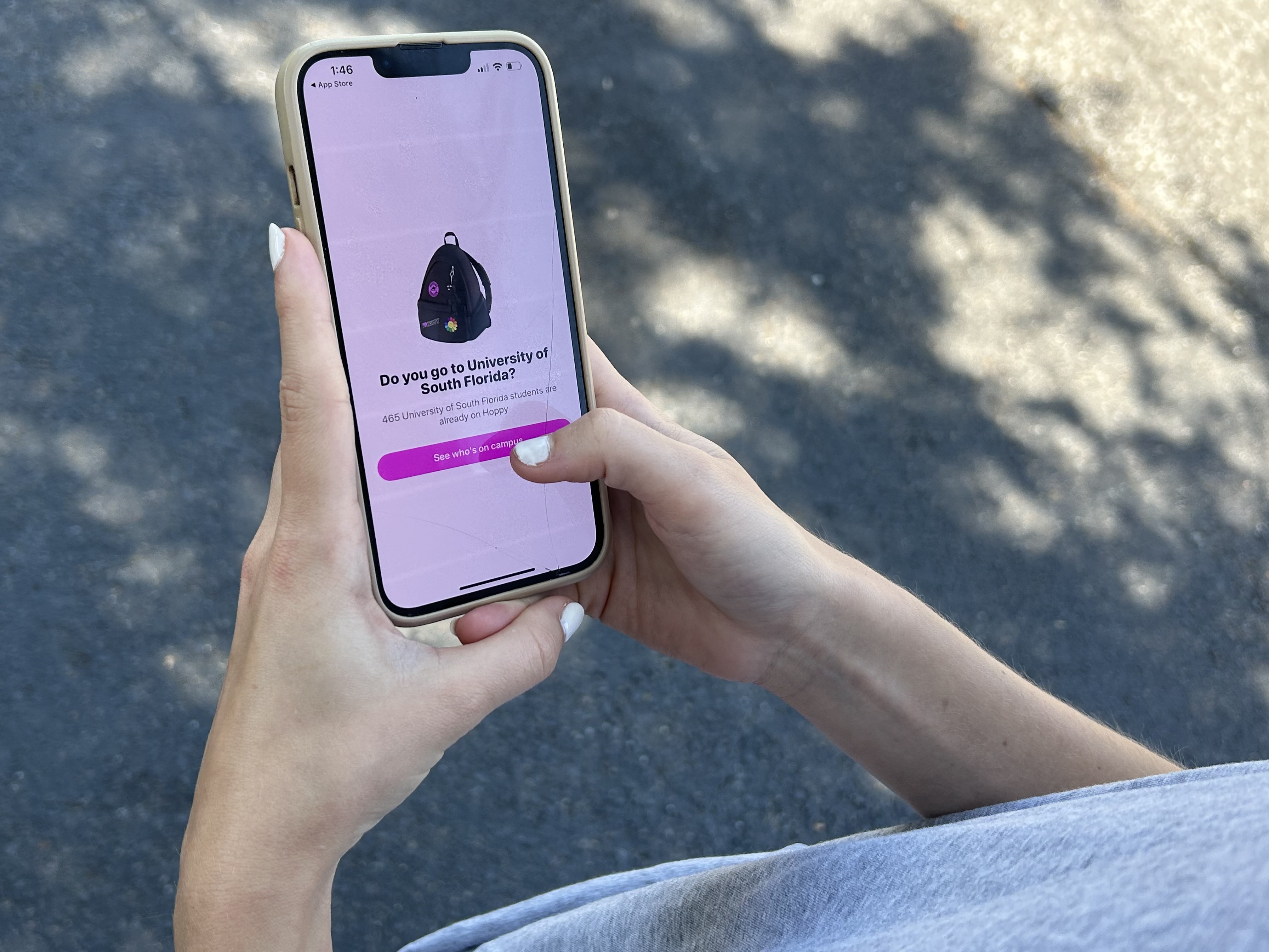By Hannah Lau/ USF ZNews
TAMPA– For some female students at the University of South Florida, the rise of labeling potential romantic relationships as “casual” has become an issue.
Emaya Mataele, a USF student, says this has been a recurring problem for many individuals in the younger generations.
“I would say that [dating] it’s not taken seriously as much,” says Mataele. “People aren’t really looking for partners, more like temporary companions at the time.”

Ana Stephens, a junior at USF, says she would agree the blurring line between casual and committed further complicates this matter.
“I think casual is messy because one side gets more attached than the other and they place expectations that the other can not live up to and they get hurt due to that,” says Stephens.
In recent months, however, “casual” has received a makeover from Generation Z on TikTok.
“Situationships” are now what are haunting love-seeking college students and deterring them from enjoying dating culture.
For members of Gen Z, “situationships” refer to romantic connections between two individuals who aren’t ready to commit to each other at the moment.
The same rules that apply to casual relationships equally apply to “situationships”; low commitment, non-exclusive and so on.

Tiffany Colston, a student at the University of Houston and a member of the National Youth Council for Love is Respect, says that people not being “ready to be emotionally vulnerable with someone else”, overthinking, lack of self-confidence and unrealistic expectations are some contributing factors for the rise in “situationships”.
Why is this happening?
From a sociological point of view, “situationships” and casual relationships are created for a varying number of reasons.
Alissa Klein, a sociology professor at USF, and Dr. Anthony Coy, a psychology professor at USF, say that social media plays a significant role in how young adults navigate labeling their romantic relationships as “official” or fully “committed”.
Fear of having their relationship perceived in a certain manner may stem from social media’s effects on people’s willingness to be emotionally vulnerable due to “concern about being put on blast,” says Klein.
“I feel like being public about a relationship on social media, I think there’s greater hesitancy around that um just because it does kind of like yield more judgement and more people wanting to know what’s happening and just kind of interested,” says Coy. “I think that could potentially be a source of like ‘lets just keep it on the down low’ so to speak.”
Sunk costs, or expenses that cannot be recovered, may also be a reason why individuals don’t want to fully commit, says Coy.
“Any time spent talking to somebody on a dating app or, you know, going on a date, that is an investment in that relationship, whether or not you define it as one,” says Coy.
What can be done about this?
As a solution to misperception, establishing clarity and transparency at the beginning of a romantic situation to prevent further uncertainty about expectations each party may have for each other, says Coy.
Practicing self-love, says Mataele, can also promote healthy boundaries set previously to forming these relationships.
“Situationships are complicated, but putting yourself first and having respect for yourself can go a long way into knowing what you really want out of a relationship,” says Mataele.

